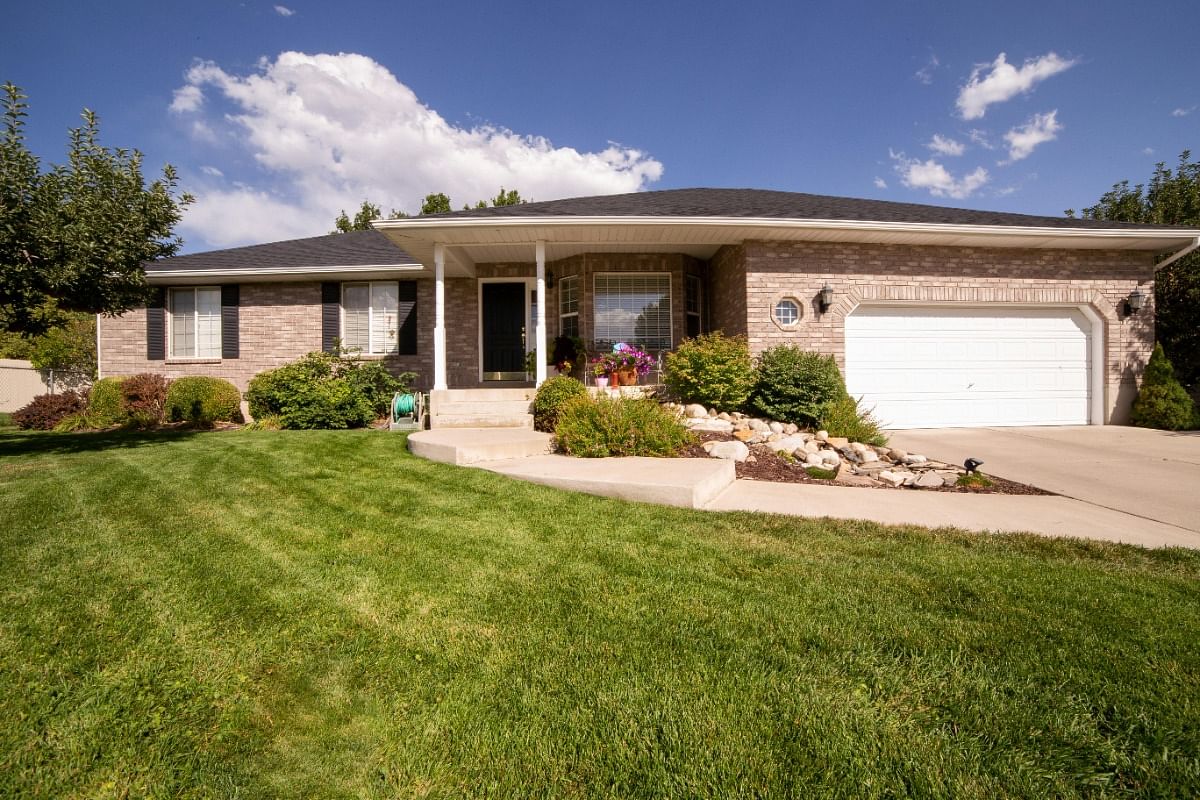How Large A Down Payment Do I Need?

Embarking on the journey to homeownership is exciting, yet it can quickly become overwhelming, especially when financial elements come into play. Undoubtedly, one of the most frequent inquiries we encounter is about the size of a down payment when getting a mortgage for a home. The answer to this query depends on a variety of factors such as your financial circumstances, credit score, and the type of mortgage you're considering. Crescent Title is here to help break down these details to assist you in making the best decision for your situation.
Understanding the Importance of a Down Payment
A down payment on a home serves as a significant part of your mortgage plan. It represents the initial upfront portion that you pay when purchasing a home. Normally, lenders look favorably upon larger down payments as it reduces their risk. Hence, your down payment size could impact the mortgage terms and interest rates that you are offered.
5 Factors Influencing Down Payment Size
1) Your Financial Situation
Every homebuyer is unique, as are their financial situations. When calculating the size of your down payment, consider your savings, monthly income, and existing debts. Affordability should be your top priority—avoid committing to a down payment that could strain your finances or create an undue burden.
2) Mortgage Type
The type of mortgage you choose will also influence your down payment. Conventional mortgages usually require a down payment of anywhere between 5% to 20% of the home's purchase price, whereas FHA loans can go as low as 3.5% for borrowers with high credit scores. Some specialized mortgages, like VA and USDA loans, may even offer zero down payment options.
3) Credit Score
A higher credit score generally equates to better mortgage terms, including a potentially lower required down payment. While lower credit scores don’t automatically disqualify you from obtaining a mortgage, they might result in a requirement for a larger down payment.
4) Home Price and Location
The home's price and location can also influence the size of your down payment. Expensive homes or homes in high-cost areas often require larger down payments. Research local market trends and consult with a knowledgeable real estate professional to understand these nuances.
5) Advantages of a Larger Down Payment
Making a larger down payment can prove advantageous in several ways. For starters, it reduces the size of your loan, leading to lower monthly mortgage payments. Additionally, putting 20% or more down can eliminate the need for private mortgage insurance (PMI), a monthly fee designed to protect lenders if the borrower defaults on the loan.
Get Top-Rated Mortgage Attorney Services at Crescent Title
While the quest to purchase a home involves numerous steps, understanding your down payment options can make the journey smoother. Every situation is unique, so take the time to evaluate your financial position, credit score, the type of mortgage, and the specific home details to determine the best down payment size for you. Our experienced team of real estate attorneys can provide guidance and support throughout your home buying journey. Don’t leave anything to chance; contact us today via phone or email to learn more.

